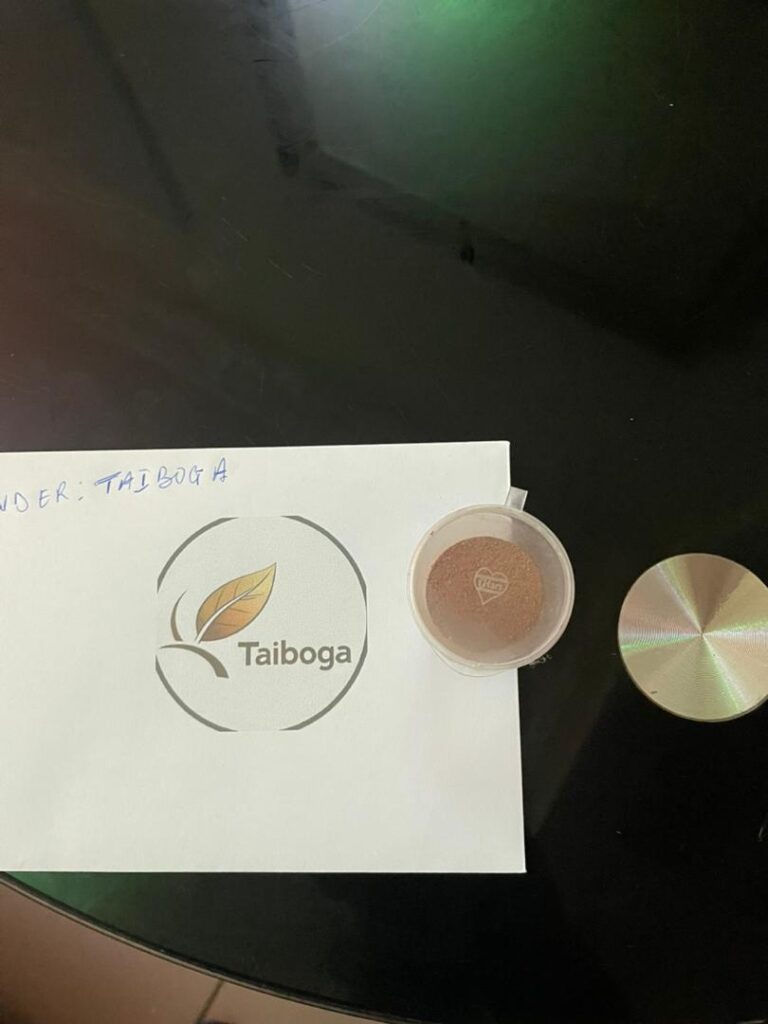Menu
Bipolar Disorder: Understanding, Managing, and Finding Balance
Bipolar disorder is a mental health condition that affects millions of people worldwide. Characterized by extreme shifts in mood, energy, and behavior, it disrupts daily living, relationships, and overall well-being. While everyone experiences ups and downs, bipolar disorder goes far beyond normal mood changes, making effective management and treatment essential.
This guide explores the causes, symptoms, treatment options, and natural approaches that can support those living with this condition.
What Is Bipolar Disorder?
Bipolar disorder is a chronic mental illness defined by dramatic mood swings. These shifts range from manic highs—periods of extreme energy, reduced need for sleep, and impulsive behavior—to depressive lows, marked by sadness, hopelessness, and loss of interest in life.
There are different types:
- Bipolar I: Severe manic episodes that may require hospitalization, often alternating with depression.
- Bipolar II: Milder manic phases (hypomania) paired with severe depression.
- Cyclothymic disorder: Less intense but frequent mood fluctuations.
Signs and Symptoms
The symptoms vary depending on whether someone is experiencing mania or depression.
Manic or Hypomanic Episodes
- Increased energy and activity
- Decreased need for sleep
- Racing thoughts and rapid speech
- Risk-taking behaviors
- Inflated self-esteem or grandiosity
Depressive Episodes
- Prolonged sadness or emptiness
- Loss of interest in activities
- Fatigue and low energy
- Difficulty concentrating
- Thoughts of death or suicide
The cycles of mania and depression can last days, weeks, or months, often disrupting work, family, and social life.
Causes and Risk Factors
The exact cause remains unclear, but several factors contribute:
- Genetics: A strong family history of mental illness raises risk.
- Brain structure and chemistry: Imbalances in neurotransmitters like serotonin and dopamine.
- Environmental triggers: Stress, trauma, or substance abuse may trigger episodes.
- Medical conditions: Thyroid disorders or neurological problems can worsen symptoms.
Impact on Daily Life
Bipolar disorder influences more than mood. It affects decision-making, relationships, financial stability, and even physical health. The impulsivity of mania can lead to reckless spending or risky behaviors, while depressive episodes make even simple tasks overwhelming. Without treatment, the disorder often worsens.
Diagnosis
Diagnosing bipolar disorder requires a thorough psychiatric evaluation, often including:
- Medical history review
- Psychological assessment
- Mood tracking over time
Since symptoms overlap with other mental health conditions, proper diagnosis is crucial for effective treatment.
Treatment Options
Managing bipolar disorder requires a combination of medical care, therapy, and lifestyle support.
1. Medication
- Mood stabilizers: Lithium remains a common treatment.
- Antipsychotics: Used to manage mania.
- Antidepressants: Sometimes prescribed for depressive episodes, though with caution.
2. Psychotherapy
Cognitive Behavioral Therapy (CBT) and interpersonal therapy help patients identify triggers, manage stress, and stabilize routines.
3. Lifestyle Adjustments
- Regular sleep patterns
- Balanced diet and hydration
- Daily exercise
- Stress management techniques
4. Support Systems
Support from family, friends, and peer groups creates stability and encouragement for recovery.
Coping Strategies for Living with Bipolar Disorder
People with bipolar disorder can live fulfilling lives when equipped with the right tools. Some strategies include:
- Keeping a mood diary to recognize early warning signs.
- Sticking to treatment plans and medication schedules.
- Avoiding drugs and alcohol, which trigger episodes.
- Building strong support networks to reduce isolation.
- Practicing mindfulness or meditation to stay grounded.
Global Outlook
Bipolar disorder affects about 1–3% of the population worldwide. Awareness and treatment availability are improving, but stigma still prevents many from seeking help. Public education and openness are key to breaking barriers.
Natural and Alternative Approaches
Alongside standard treatment, many explore natural options to balance mood and improve resilience. These may include:
- Omega-3 fatty acids for brain health.
- Magnesium and B vitamins to support mood regulation.
- Herbal remedies such as St. John’s Wort (with caution due to interactions).
- Mind-body practices like yoga and Tai Chi for stress reduction.
While these should not replace medication, they can complement traditional care.
Iboga, Ibogaine, and Bipolar Disorder
Recently, natural plant medicines like iboga and its active compound ibogaine have sparked interest for their potential role in mental health. Traditionally used in African healing ceremonies, ibogaine is known for its ability to reset brain pathways and promote deep psychological insight.
Although primarily studied for addiction treatment, ibogaine’s effects on mood regulation and neural repair may one day offer hope for conditions like bipolar disorder. Early research suggests it can help balance neurotransmitter systems, providing relief for those struggling with mood instability.
At Taiboga, we recognize the importance of exploring such possibilities responsibly, ensuring safe access to premium iboga products.

Take the Next Step with Taiboga
If you or someone you care about is navigating the challenges of bipolar disorder, know that support is available. At Taiboga, we provide trusted iboga and ibogaine products with guidance for safe, responsible use.
📞 Call us today at +237653823790 or +237672584494 to learn more about how we can support your journey toward balance and healing.
🌿 Use the coupon code RECOVERY20 to receive 20% off Taiboga premium iboga products.
Final Thoughts
Bipolar disorder is a complex condition, but it does not define who you are. With proper treatment, lifestyle support, and openness to emerging natural options like iboga and ibogaine, balance is possible. At Taiboga, we believe healing is a journey, and we are here to walk beside you every step of the way.
taiboga.com
Facebook
Pinterest
Twitter
LinkedIn

